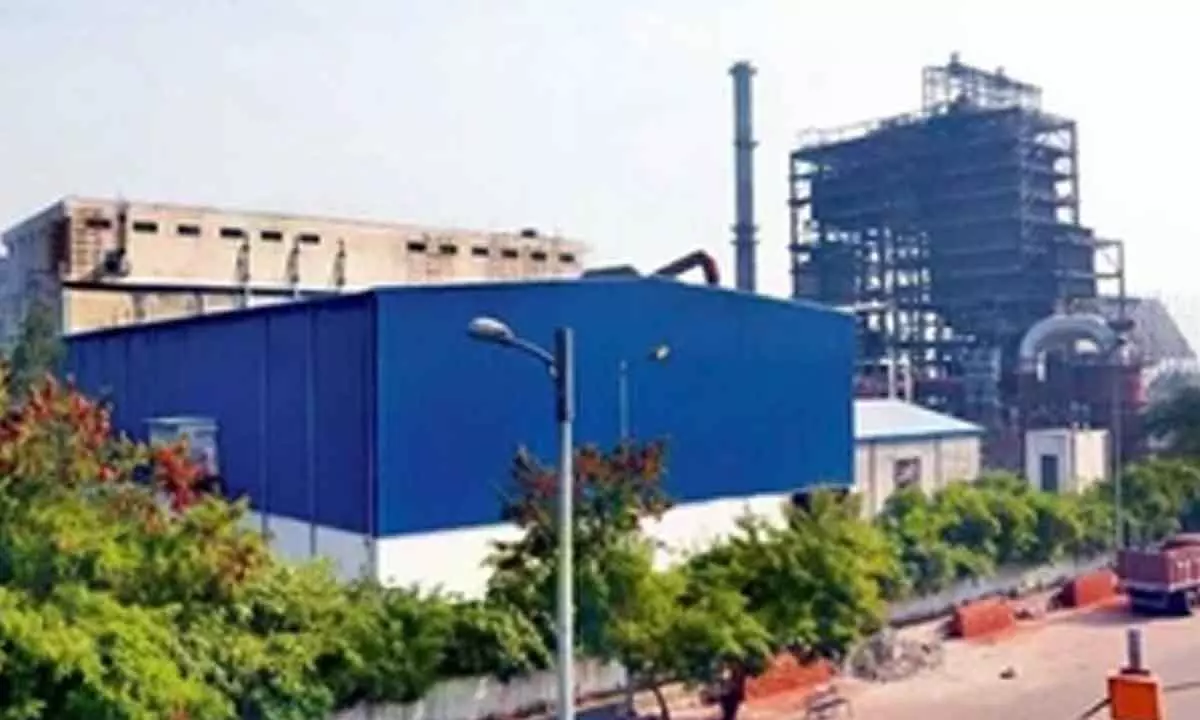Live
- MahaYuti will come back to power with a thumping majority despite Oppn's tirade: Eknath Shinde
- ‘Hanging up my racquet. Thank you’ - India’s Prajnesh Gunneswaran retires from professional tennis
- Pawan Kalyan to Campaign for NDA Alliance in Maharashtra
- Eight killed, five injured in Nepal's traffic accident
- Technical snag grounds PM Modi's aircraft in Jharkhand
- Divya Pillai FL from ‘Bhairavam’ unveiled
- Tension in Lagcherla as BRS Leaders Allegedly Incite Landless Poor
- India vs South Africa 4th T20I Today: Know About Venue, Squad, Start Time, and Live Streaming Details.
- Abhishek says ‘sounds cool’ to be making a film about ‘someone who has 100 days to live’
- Samsung to buy back stock worth $7.16 billion to boost shareholder value








